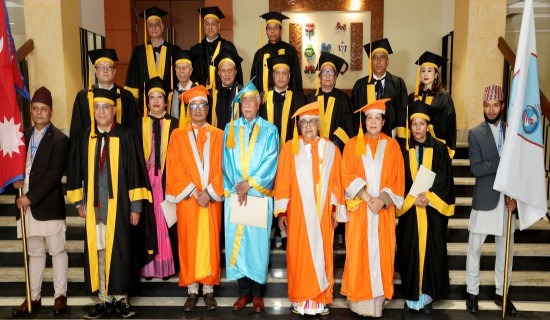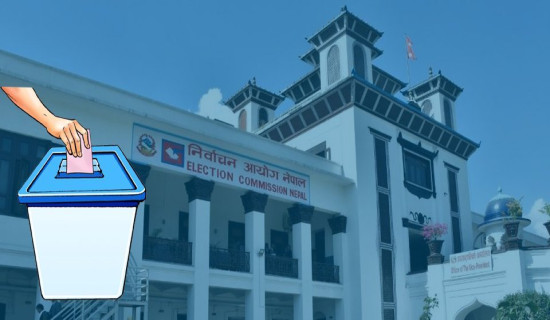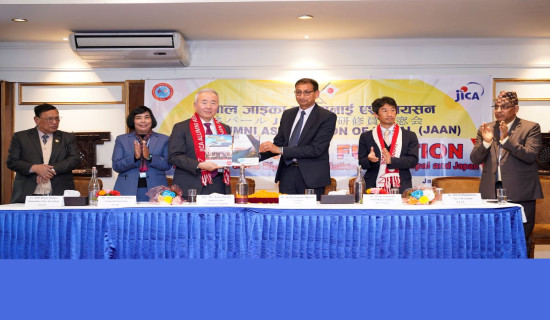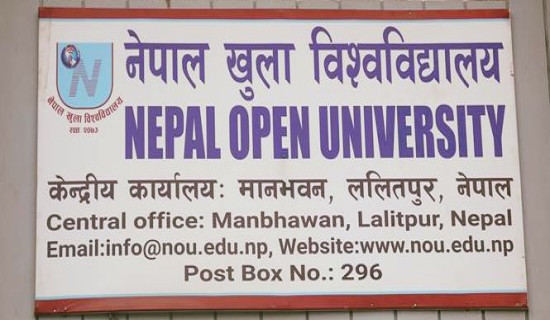- Sunday, 25 January 2026
Uphold Democratic Values
Dixya Poudel
In ancient Greece, democracy took root during the 5th BC. Athens is the earliest example of democratic governance in which adults with the exception of women, slaves and non-citizens would take direct part in the public decision-making. In an assembly called Ecclesia, they would gather not just to discuss but also to vote on important matters of laws and policies. Following the Greek civilisation, the Roman Republic too supported elements of democracy in which an inclusive group of Roman citizens could elect representatives to the Senate while also participating on myriad political processes. Thus, the ancient Greek and Roman civilisation are credited for laying the foundations for representative democracy.
Fast forward to the 17th and 18th century, Europe saw a rise in thinkers and philosophers such as Jean-Jacques Rousseau, John Locke and Montesquieu who elaborated on the ideas of individual rights, separation of power and social contract. These notions influenced the discourse of democracy. Then fueled by the Enlightenment ideologies, a critical juncture occurred in the political scenario of Europe during the 18th century, namely the French Revolution. Angry, overworked, underpaid and even starving citizens of France revolted against the king Louise XVI who exploited his people for his own gains. The French Revolution overthrew the monarchy and eventually France became a Republic. This had a major influence in the countries throughout the world at the time.
Prior to the French Revolution, the American Revolution led to the creation of the United States Constitution in 1787. As such, the oldest democracy in the world happens to be the US which as a superpower continues to have a substantial influence over the planet. What is so wonderful about democracy is that it gives voice to each and every citizen. While there may still be an unequal distribution of power, wealth and clout in socio-economic and political arena, democracy ensures that people get a chance to be heard equally. Whether it is in voting for their choice of representatives or taking to the streets to have their demands met, people have abundant resources in a democratic system.
Through the elected representatives who pledge to do right by their voters, the citizens assert their rights. However, as much as democratic governance is applauded profusely, over the years the world has been seeing an increasing case of democratic backsliding. It refers to the erosion of democratic norms, manipulation of electoral processes and even an abuse of power and authority. And as nations continue to face democratic backsliding globally, it has led to an emergence of dictatorship and tyranny.
It is especially seen in Latin American and African nations where there is a lot at stake when it comes to political leaders who play an adverse and corrupt hand in governance. Despots and tyrant rulers not only erode democratic values but also set their nations back by decades. In the context of Nepal, thankfully, the nation continues to uphold democratic rights since becoming a Republic in 2008. As such, it recently celebrated Democracy Day on February 19 during which the importance of democracy was highlighted nationally. With a continuation and support towards democratic values, Nepali citizens look forward to smooth governance in the upcoming days as well.










-original-thumb.jpg)





